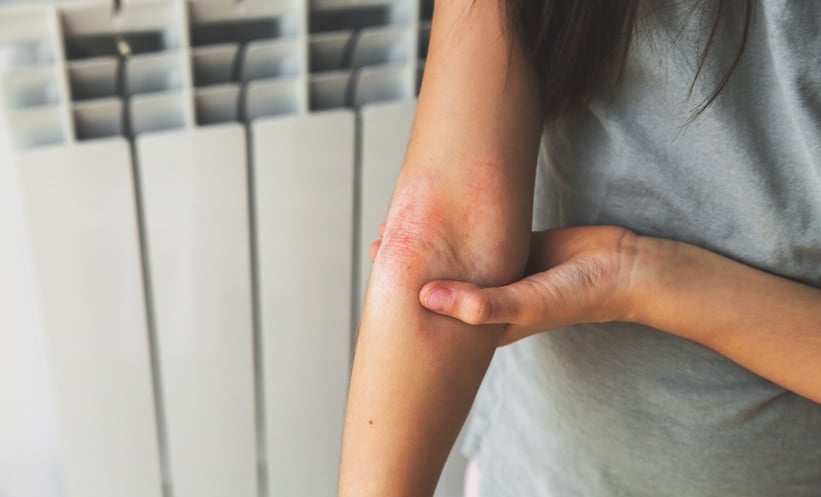GLUTEN-RELATED skin conditions may extend well beyond the classic dermatitis herpetiformis, according to a new overview of gluten-induced dermatoses that highlights diagnostic and therapeutic pathways for clinicians.
Gluten-related disorders (GRDs) are increasingly recognized as encompassing not just intestinal but also extraintestinal manifestations, including a growing array of skin disorders. While dermatitis herpetiformis remains the most well-established cutaneous indicator of celiac disease, other dermatoses, such as psoriasis, atopic dermatitis, and chronic urticaria, have been observed in association with both celiac disease and non-celiac gluten sensitivity (NCGS).
The review synthesizes current understanding of these skin conditions in the context of gluten exposure, shedding light on how immune-mediated responses to gluten can present in the skin even in the absence of gastrointestinal symptoms or definitive serologic markers. In patients with NCGS, skin complaints may appear without fulfilling diagnostic criteria for celiac disease but often respond to a gluten-free diet (GFD), further complicating diagnostic clarity.
Importantly, the paper underscores the diagnostic challenges posed by this spectrum of GRDs. In the case of dermatitis herpetiformis, direct immunofluorescence remains the gold standard for confirmation, yet for other associated skin disorders, clinical suspicion must guide testing and treatment trials. Recognizing gluten as a potential culprit in unexplained chronic dermatoses may open the door to earlier intervention.
Therapeutic strategies focus primarily on strict adherence to a gluten-free diet, which has demonstrated efficacy not only in resolving intestinal inflammation but also in improving skin symptoms in responsive patients. The authors call for increased clinician awareness of these associations to support timely diagnosis and management, particularly as patient-reported skin symptoms related to gluten intake continue to rise.
As the clinical spectrum of GRDs expands, dermatologists and other healthcare professionals are encouraged to consider gluten exposure in their differential diagnoses of persistent or treatment-resistant skin conditions.
Reference:
Didona D et al. Gluten-related skin disorders: clinical presentation, diagnostic and treatments. J Dtsch Dermatol Ges. 2025. doi: 10.1111/ddg.15704. [Online ahead of print]








